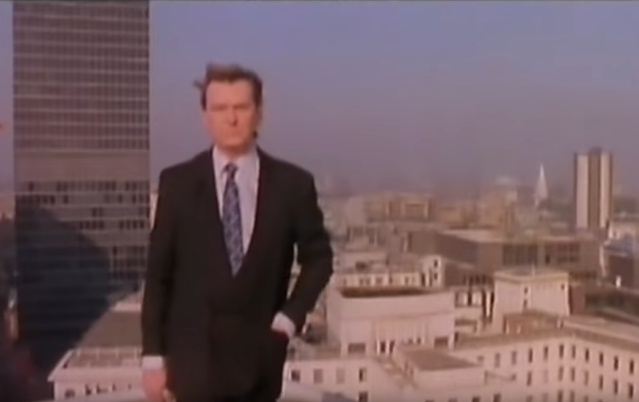MTV@40
In August of 1981, I was already starting to move away from progressive rock towards classical and jazz. As I wrote in a previous post, certain types of knowledge and ways of working can get replaced. 1981 was a watershed year for me because that's when the shift happened.
A quote that I like and that I keep going back to on the issue of MTV, is from a talk that Brian Eno gave at the Exploratorium in 1988 as to the way that it was paradigmatic:
“MTV has had a funny impact on music because people started constructing records rather visually...The nature of pop music is that it's always absorbing other things. Suddenly, it isn't just dealing with music, it's dealing with television, or it's dealing with safety pins... the punk thing...." http://music.hyperreal.org/artists/brian_eno/interviews/reha88.html
A few days ago when Lollapalooza opened, I watched some videos from the first Lollapalooza in 1991. MTV was 10 years old then, and the first millennial teens were going to their first concerts. In 1991, Elvis fans probably couldn't have cared less, and it was their children that were going to Lollapalooza. The oldest Millennials are now turning 40 and are viewing the early concerts with just as much nostalgia.
A possible paradigm shift today could be the Metaverse "absorbing" everything--in which cinema, MTV, the Internet, social media, and VR converge, and will probably incorporate new kinds of innovative art direction.
Note to 8/2031 at MTV's 50th: Was there a paradigm shift to the Metaverse?
The first two hours of MTV
***
Another FYI re: 1981:



Comments